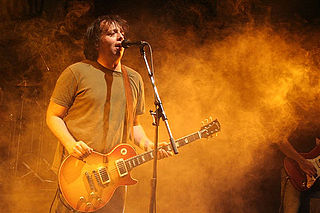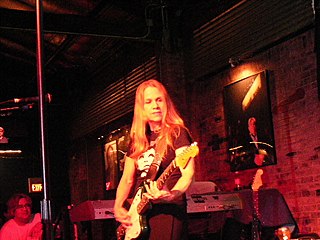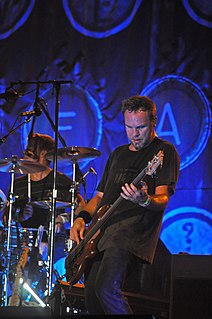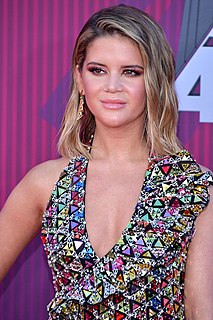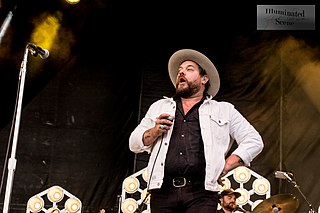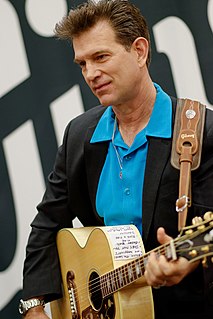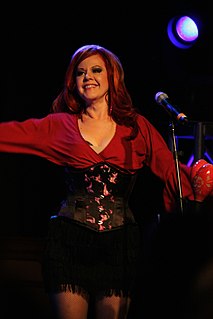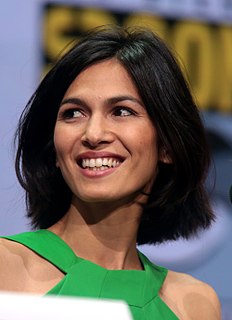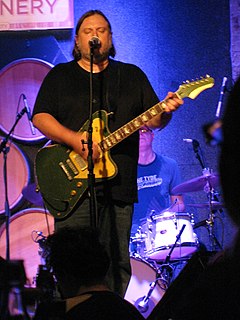A Quote by Gene Ween
We had been working. We had a bunch of songs written and it came time to make the record, so we had our lawyer make the call to Elektra and ask for our advance. Then, we got dropped. It was actually exciting.
Related Quotes
There's actually a time when I got cast in something and it was announced that someone else was cast. I hadn't been told yet if I had the role and I had a breakdown because I really wanted it and it was announced on this website that this other girl had gotten it. I was so sad and called my agents and said, "You guys didn't tell me this other person got the role!" They were like, "No, they haven't decided yet." Then two hours later I got the call that said I had the role.
A lot of new artists sign their deal and then go into a development stage for a year or two or sometimes never get out of it. For me, because I had been a working songwriter in town, I had a collection of songs that I was ready to make into an album. At the time, I didn't realize it was becoming an album, but it was.
I often encountered books by academics and others who had not actually done what they had written about. They tend to create artificial simplicity; their prose doesn't have the vigor of "lived words." On the other hand, many practitioners lack the context or introspection to make their experiences and understandings transferable - and, in our time, many don't actually write the books they "author." My ideal is to unify theory and practice.
I think we had to push forward to make sure it was different, do something that we had never done before and yet still have the consistency to stay in the same world. This was our chance to do all the things we didn't get a chance to do before. We've been working on these movies [Kung Fu Panda] for twelve years and we have to keep things exciting for us in order for us to devote that many years of our lives to do this.
I remember when 'Aladdin' had come to India, there were a bunch of people who auditioned. We had to record a video, which I did on my phone. I had worn this red outfit and had to read the dialogues for Jasmine. The scene went really well, but then they also asked us to sing and I can't sing to even save my life. So I really got rejected.
